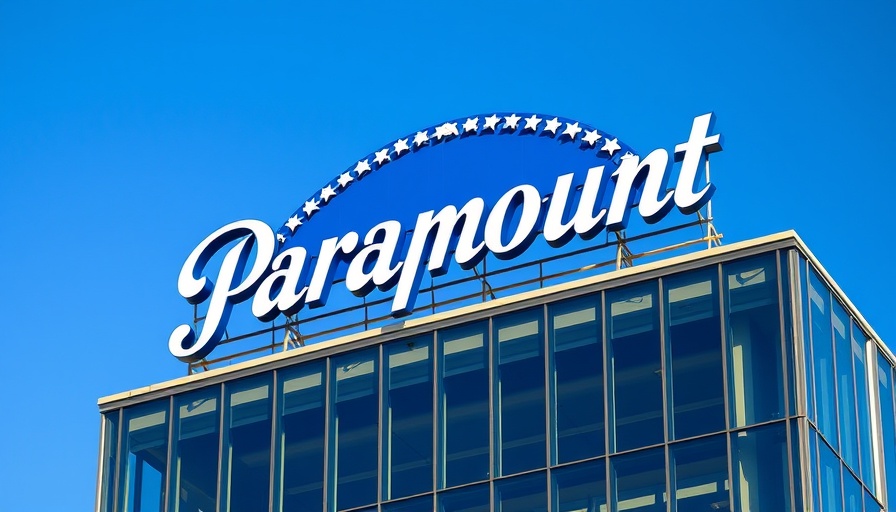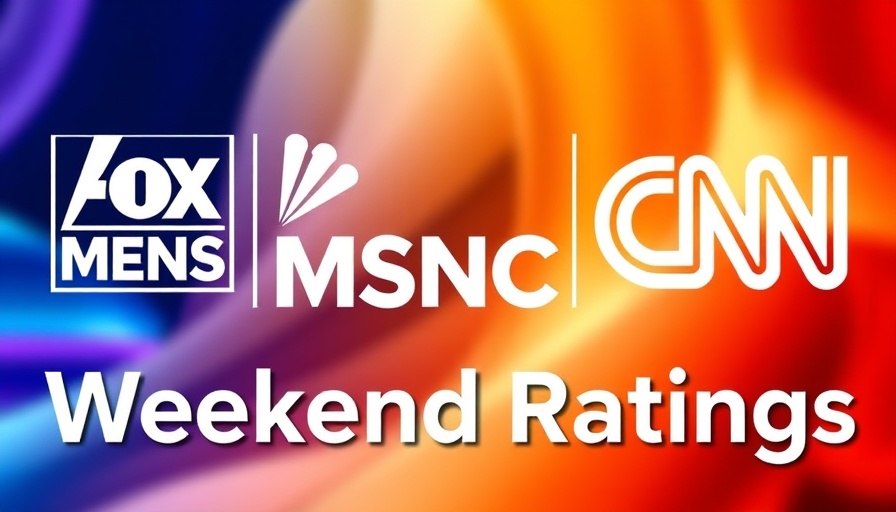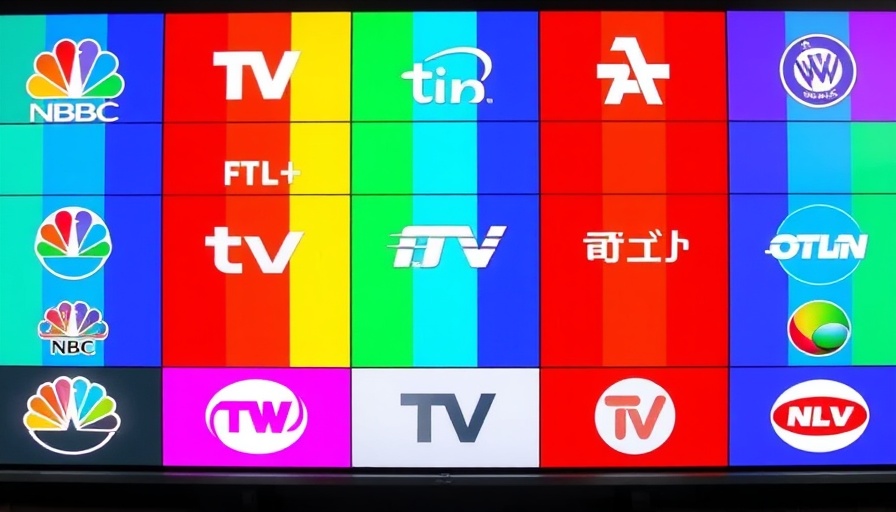
Press Freedom Under Fire: A Legal Showdown Brewing
The media landscape is bracing for a potential legal storm as the Freedom of the Press Foundation (FPF) issues a stern warning to Paramount Global concerning a lawsuit from Donald Trump. The advocacy group, dedicated to promoting and protecting press freedom, has indicated it may take legal action if Paramount binds itself to an alleged settlement with Trump over a disputed interview aired on CBS's '60 Minutes'.
The Stakes: First Amendment Rights at Risk
With the FPF’s letter to Paramount executives, led by Shari Redstone, the battle at the intersection of media and politics intensifies. Seth Stern, the foundation's director of advocacy, emphasizes that “Corporations that own news outlets should not be in the business of settling baseless lawsuits that clearly violate the First Amendment.” This warning resonates amidst growing concerns that financial settlements could undermine the integrity of journalism, potentially boiling down to unlawful bribery, as suggested by Democratic senators who have expressed unease about the motivations behind such deals.
Trump's Legal Maneuvers: Implications for the Media
Trump's lawsuit, which initially sought $10 billion in damages but later escalated to an astounding $20 billion, is not an isolated case. This attack on CBS reflects the former president's broader campaign against media outlets that he perceives as hostile. Paramount’s move to consider settling the lawsuit raises alarms not just for them but for the industry at large, questioning how financial interests can interfere with journalistic standards.
Impacts on Corporate Governance and Shareholder Interests
Paramount’s shareholders may be facing a dilemma. With the potential for significant payouts to Trump, the foundation aims to protect its investments by highlighting fiduciary responsibilities that could be compromised by what they perceive as politically motivated corporate behavior. The FPF's notice urged Paramount to maintain transparency concerning any negotiations, framing the situation as a matter of principle and business ethics.
Political Ramifications: Senatorial Concerns on Bribery
The situation caught the attention of influential Democratic senators including Elizabeth Warren, Bernie Sanders, and Ron Wyden, who cautioned that any concessions made to Trump could entail severe legal repercussions for Paramount. Their letter explicitly addressed the risk of engaging in a quid pro quo arrangement that not only potentially threatens the company’s standing but sets concerning precedents for corporate governance.
A Shaky Future for '60 Minutes' and CBS
The internal turbulence at CBS following this lawsuit, resulting in resignations of key figures like executive producer Bill Owens and CBS News president Wendy McMahon, signals a crisis in leadership. The culture at the iconic news program is at stake, as the company navigates its future while being mired in legal disputes that could distract from its core mission of producing trusted journalism.
Conclusion: A Call for Vigilance in Journalism and Corporate Responsibility
The looming specter of political interference in media continues to challenge journalistic integrity. As executives and decision-makers across various sectors monitor this unfolding drama, the paramount concern remains: how will this influence corporate governance standards in media, and what are the broader implications for free speech and press freedom? The FPF’s proactive stance underscores the essential role of advocacy in safeguarding these values.
 Add Row
Add Row  Add
Add 




Write A Comment